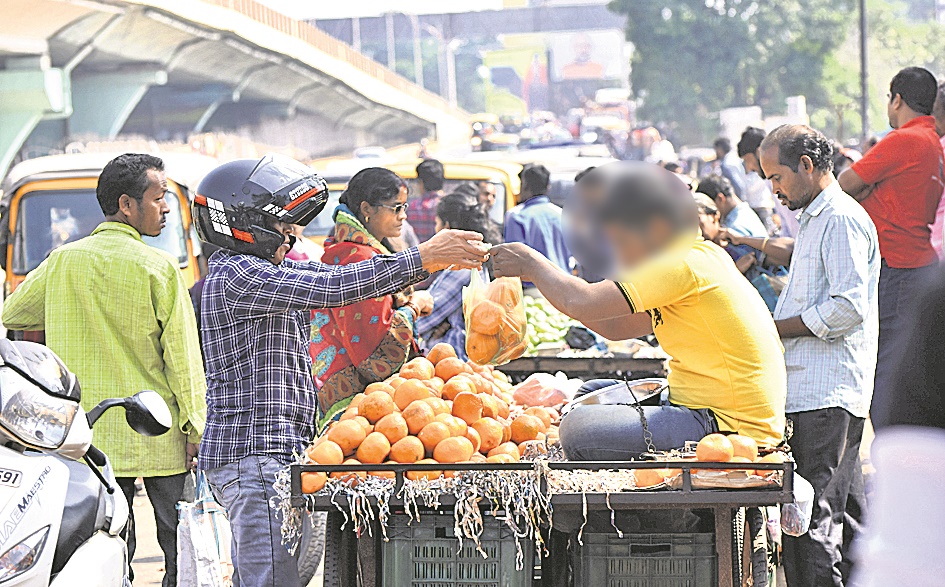Bhubaneswar: Despite claims of strict bans and efficient enforcement by the Bhubaneswar Municipal Corporation (BMC) here, plastic have slowly started to creep into the markets of the Capital city yet again owing to lack of enforcement.
Following a notification from the Odisha Forest and Environment Department, the state government had banned single-use plastic in all urban areas earlier in October. As compared to others, BMC did fairly well in terms of plastic seizure and fine collection. However, experts suggest that the enforcement still lacks the intensity to completely discourage plastic use.
As per official sources, the government seized about 21,845 kg of plastic and collected fines of only Rs 59.20 lakh from 30 districts until December 15 last year. While 192 kg of plastics was seized in Balasore, 131 kg in Nabarangpur, 125 kg in Jagatsinghpur, 117 kg in Nuapada, 76 kg in Boudh, 60 kg in Jajpur and a paltry 5 kg in Deogarh.
However, during the same time period, the state’s biggest civic body—the Bhubaneswar Municipal Corporation — boasted of a collection of 5,100 kg of plastic. Moreover, fine of Rs 13.26 lakh was also collected by the BMC when districts like Balasore and Deogarh were said to have collected a meager sum of Rs 2,900 and Rs 1,400 respectively from October to December 15.
“BMC’s figures in terms of plastic collection look really promising but take that with a pinch of salt. BMC is the largest civic body in the state so the numbers will obviously be high. The enforcement isn’t severe enough, which is why plastic keep creeping back into the market. The BMC isn’t as vigilant as it claims to be,” said Debjeet Mohapatra, a former urban planner.
Notably, street vendors and many shopkeepers were recently seen giving products to their customers in the banned polythene carry bags. The ban— which prevented usage of polythene carry bags of any shape, thickness and size (excluding compostable items) and cutleries made of thermocol (polystyrene), polyurethane and similar products— seems to have lost teeth as the banned products have found a way back to the market.
Responding to this, BMC’s Deputy Commissioner of Sanitation, Suvendu Sahu said, “The BMC’s highest fine collection is testimony of our hard work. We have also deployed two awareness vehicles and will distribute about 50,000 cotton bags.”
Aviral Mishra, OP
